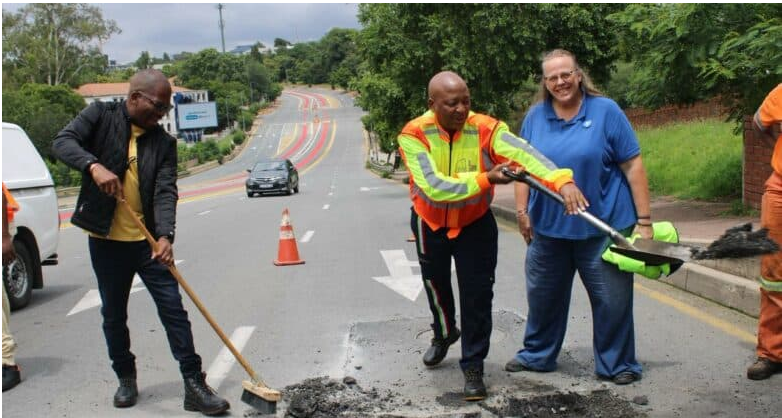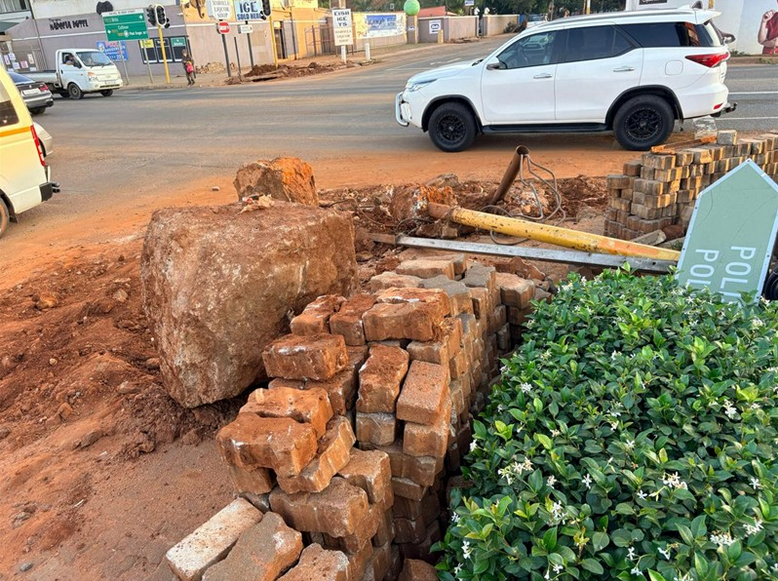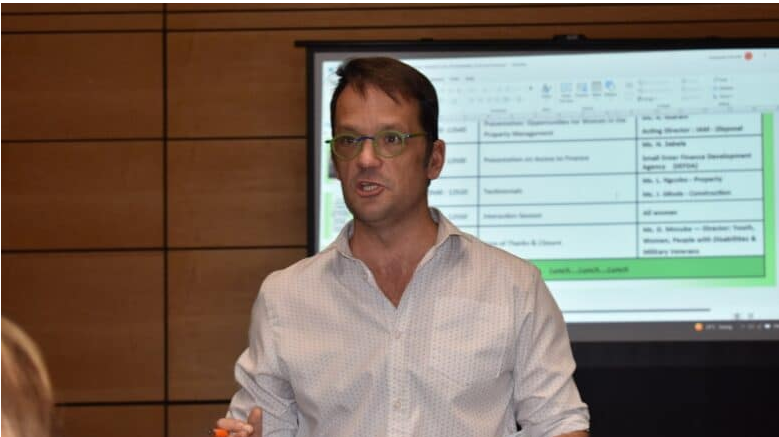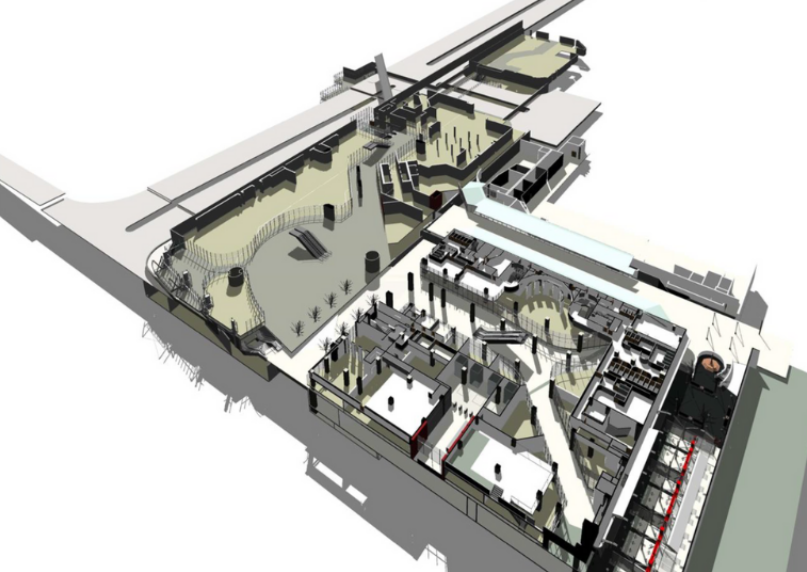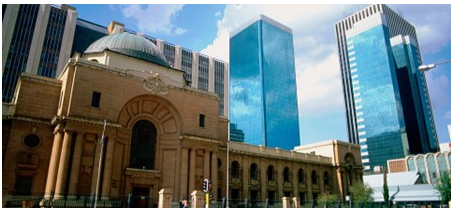Cape Town to complete SA’s largest sewer upgrade by 2025
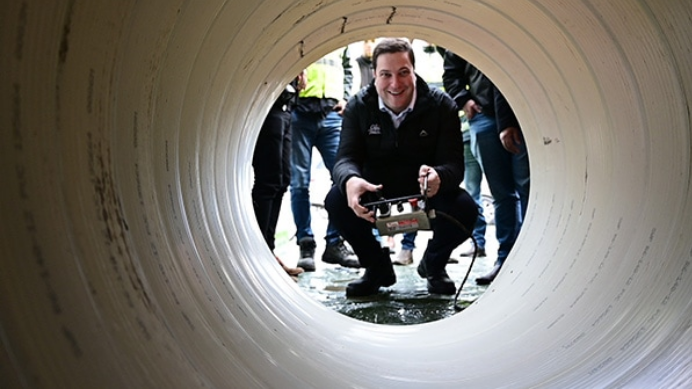
Advertising
30-06-2023
Read : 1185 times
Cbn
Source
Cape Town Mayor Geordin Hill-Lewis on Thursday, 29 June, inspected progress on the R715 million Cape Flats Bulk Sewer upgrade which will benefit 300 000 households primarily in lower income neighbourhoods in the metro. The City is on track to complete the full 28kms of pipeline rehabilitation by 2025, making this South Africa’s largest sewer upgrade project.
Communities benefitting from the Cape Flats sewer upgrades include Athlone, Hanover Park, Lotus River, Ottery, Grassy Park, Eagle Park, and areas around Pelican Park, among others.
‘Officials on the ground upgrading the Cape Flats Bulk Sewer tell me we’re on track to complete this mega project by 2025. We are putting R206m behind this upgrade in 2023/24 to make sure we get this done.
‘With this historic project – the largest ever undertaken in democratic South Africa – we are upgrading bulk sewers first constructed at the height of apartheid in the 1960’s, and future-proofing these for the next 100 years to the benefit of future generations of Capetonians. When we talk of our long-term vision of a building a city of hope for all, it really comes down to bread and butter projects like this, which bring about better living conditions for residents,’ said Mayor Geordin Hill-Lewis.
Over the next three years, the City will invest a massive R1,3bn in major bulk sewer upgrades to the Cape Flats, Philippi, Milnerton, and Gordon’s Bay lines.
‘For the new financial year, roughly 73% of Cape Town’s infrastructure budget – or just over R8bn – will go towards critical upgrades benefitting lower-income households, informal settlements, and poorer communities in our city.
‘Besides the improvements to basic services, and personal and community dignity, the scale of Cape Town’s R43bn three-year infrastructure pipeline – bigger than Joburg and Durban combined – will create an estimated 135 000 jobs in the city over three years,’ said Mayor Hill-Lewis.
Innovative tech behind sewer upgrade
A bulk sewer is like a highway for sewage. This kind of pipe carries high volumes from a wide area towards the treatment works.
‘To complete the Cape Flats upgrade, the City is using innovative trenchless technology, which ensures that there are no lengthy and disruptive excavations while work is underway.
‘Residents and businesses are not inconvenienced by invasive construction sites in the area, and the only visible signs that maintenance work is being carried will be in the form of some staff and vehicles at manhole access points. This method is also approximately three times more cost effective than conventional excavation construction work,’ said Councillor Zahid Badroodien, Mayoral Committee Member for Water and Sanitation.
During the site visit, officials showcased various innovative tech. Pipelines – which are 4 metres underground – are first profiled by a robotic crawler using lasers to record the state of the inside of the pipe. Data is sent to officials above ground who are able to determine exactly which method to use to fix the pipeline in the most cost-effective way.
There are three overarching methods of Trenchless Technology – namely, Cured In Place Pipe (CIPP) lining, Calcium Aluminate Cement (CAC) and Spirally Wound Liner (SWL) – and each will be considered when deciding on the best rehabilitative solution for different sections of the pipeline.
Cape Town quadrupling sewer pipe replacement
Across the metro, the City is on track to exceed its target of doubling sewer pipe replacement to 50km for the 22/23 financial year ending June 2023. This is part of a major sewer pipe focus which will see 100km being replaced every year across the metro, for a total investment of R850m over the next three years.
Pipe replacement is part of a strategy to bring down sewer spills over time, including major bulk sewer upgrades, proactive cleaning of sewer lines, resourcing of sewer spill response teams, and digital telemetry systems for early warnings on sewer spills.
These interventions have led to a 30% downward trend in reported spills in cape Town over the last two years based on preliminary data. The City is now rolling out a Reactive Incident Management System (RIMA) to track progress even more closely by digitising the coordination of sewer spill responsiveness.
For 2022/23, the City is executing 36 pipe replacements, with 22 complete and 14 set to finish before the end of the financial year on 30 June.
Sewer pipe replacement projects making up the 50km target for the 2022/23 financial year (ending 30 June):
· 1 Major Bulk Rehab project – Cape Flats Bulk Sewer Rehabilitation
· 22 Completed projects – Bishopscourt, Southfield, Constantia, 2x Bergvliet, 2x Kuils River, Strand, Tokai, Bellville, Dennedal, Delft, Milnerton: Joe Slovo/Phoenix, Milnerton: Dunoon, 4x Gugulethu, 4x Makhaza.
· 14 projects currently in execution – Dennedal, Sweet Valley, Nova Constantia, 2x Strand, Scottsdene, Maitland, Uitsig, Epping, Bellville: Boston, Bellville: De La Hey, Bellville: Welgemoed, Durbanville, Gugulethu.
Planned projects to meet the enormous target of 100km of sewer pipe replacement for 2023/24 (starting 1 July):
· Brackenfell Industrial, Stikland Industrial, Kraaifontein Industrial and Bellville: Welgemoed. Bergvliet, Muizenberg, Lotus River, Constantia, Tokai, Wynberg, Broadlands, Strand, Kuils River, Mission Grounds/Sir Lowry’s Pass, Tuscany Glen, Eerste River South, Kraaifontein, Eversdal, Brackenfell, Bellville, Brackenfell Industrial, Dunoon, Joe Slovo, Langa, Philippi: Samora Machel, Crawford/Lansdowne, Uitsig, Bakoven/ Camps Bay, Ravensmead, Rondebosch, Gugulethu, Parow Industria, Avondale, Parow, Bishopscourt, Clifton, Lansdowne, Athlone, Claremont, Lower Crossroads, Bridgetown, Fresnaye.
Recent News
Here are recent news articles from the Building and Construction Industry.
Have you signed up for your free copy yet?
